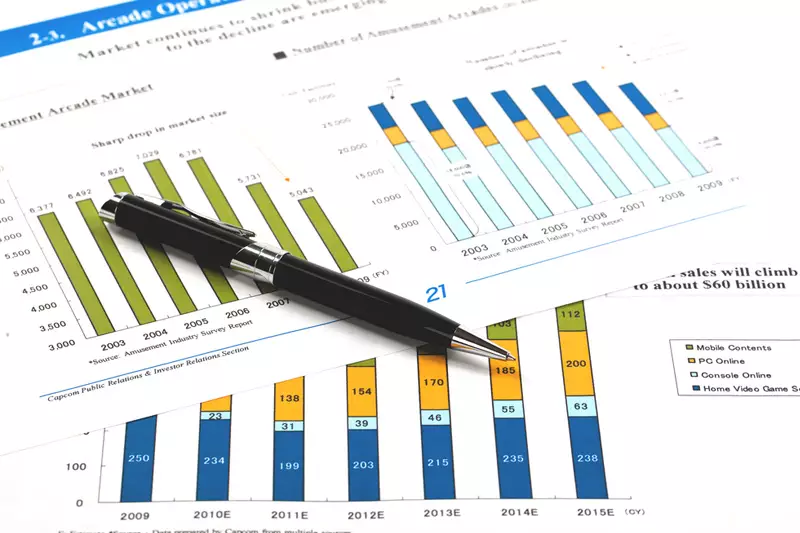The financial markets have recently witnessed a notable shift in the risk premium associated with French government debt. Following a tumultuous week that culminated in the downfall of Prime Minister Michel Barnier’s administration, the premium that investors demand to hold French bonds rather than the more stable German Bunds saw a significant decrease. This premium fell to 80.90 basis points, down from 90 basis points earlier in the week—the highest divergence noted since 2012. Such fluctuations highlight the intricate relationship between political events and investor sentiment, underscoring the sensitivity of markets to governmental stability.
The trigger for this change was a coalition formed by far-right and left-wing legislators who successfully pushed for a no-confidence vote, ultimately leading to Barnier’s ousting. The market response to the government’s collapse has been complicated. Initially, it was expected that the markets would remain subdued, with some predicting a pattern of “buy on rumors, sell on news.” This sentiment reflects the cautious optimism that characterized investor attitudes leading up to the government’s fall. However, the sharp decrease in the risk premium might suggest that investors are recalibrating their perceptions of French debt amid ongoing uncertainty.
Analysts caution that France may be heading towards a prolonged state of crisis, which could erode the country’s sovereign creditworthiness over time. The government’s proposed budget, which attempts to tackle a significant deficit—aiming for a 5.1% GDP reduction by 2025 through 60 billion euros in spending cuts and tax increases—does little to inspire confidence in its ability to stabilize the financial landscape. These measures are seen as necessary steps, yet they also signify a harsh economic environment that could stifle growth, creating a cycle of economic stagnation that challenges the nation’s fiscal health.
Amidst these developments, eurozone borrowing costs are experiencing slight increases, with market participants keeping a close eye on forthcoming employment data from the United States. This U.S. data is crucial as it may sway expectations regarding the Federal Reserve’s monetary policy. Recent remarks from Fed Chair Jerome Powell indicate that economic resilience in the U.S. is outpacing earlier forecasts, suggesting a potentially slower approach to interest rate reductions moving forward. Such news reverberates across the Atlantic, influencing European markets and adding pressure to already nuanced financial conditions.
The shifting dynamics of French debt amid political upheavals reveal the intricate ties between governance and market confidence. As investors grapple with evolving scenarios, including the implications of budgetary policies and international monetary shifts, the financial landscape remains unpredictable. While the decreased risk premium may indicate immediate market optimism, the underlying uncertainties merit cautious observation as France navigates a challenging economic path ahead.

